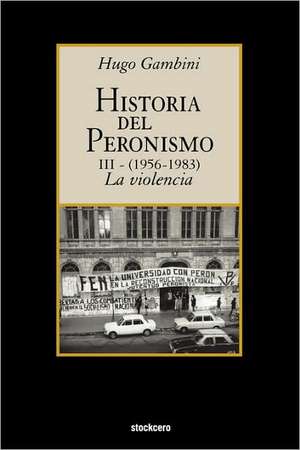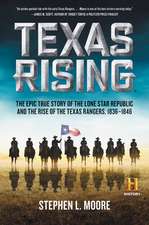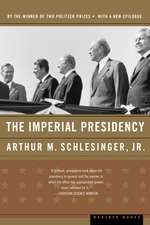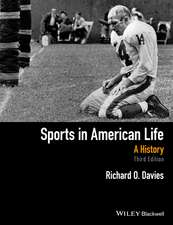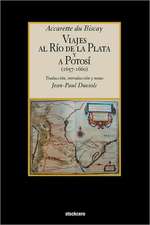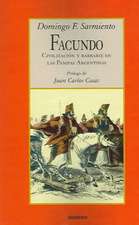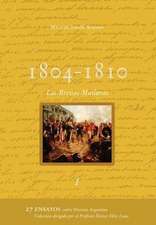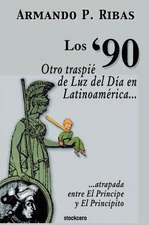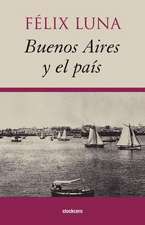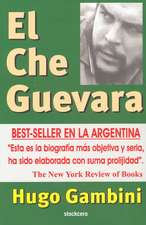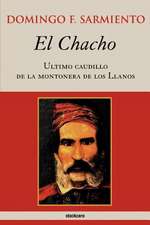Historia del Peronismo III (1956-1983)-La Violencia
Autor Hugo Gambinies Limba Spaniolă Paperback – 30 noi 2008
Preț: 284.24 lei
Nou
Puncte Express: 426
Preț estimativ în valută:
54.39€ • 57.19$ • 44.94£
54.39€ • 57.19$ • 44.94£
Carte disponibilă
Livrare economică 27 martie-10 aprilie
Preluare comenzi: 021 569.72.76
Specificații
ISBN-13: 9781934768198
ISBN-10: 1934768197
Pagini: 484
Dimensiuni: 152 x 229 x 27 mm
Greutate: 0.7 kg
Editura: Stockcero
Locul publicării:United States
ISBN-10: 1934768197
Pagini: 484
Dimensiuni: 152 x 229 x 27 mm
Greutate: 0.7 kg
Editura: Stockcero
Locul publicării:United States
Notă biografică
Hugo Gambini (1934-2019) was born in Buenos Aires in 1934. He has gone through all the veins of journalism, from the daily chronicle and the weekly note to the great report and opinion column. He was a reporter, chronicler and editor of newspapers, news agencies, newspapers, magazines, radio stations and television channels. In graphic journalism he went through La Vanguardia, El Avisador Mercantil, Crítica, Noticias Gráficas, El Economista, Diario Popular, Chronicle, See and Read, Leoplán, Panorama, Siete Días, Primera Plana and La Opinion. Since 1973 he is president of Editorial Redacción SA.
He published El Che Guevara, which was a best-seller in 1968 and banned in 1969; reissued with the same success in 1973 and again banned in 1975; reissued in 1996 and this time chosen by booksellers from all over the country as the best biography of the year, to award him the Planeta Prize in that genre.
In 1999 his History of Peronism appeared. The total power (1943-1951) and in June 2001 the second volume, entitled History of Peronism. The obsequence (1952-1955).
He also published October 17, 1945 (1969); The First Presidency of Perón (1971); Peronism and the Church (1971). He directed the documentary Chronicle of the Falklands, in three volumes (1982/83).
He has collaborated with notes signed in the newspapers La Nación and Clarín. In 1983 he was appointed by President Raúl Alfonsín to head Telam, the Argentine news agency.
He was distinguished with the Order of the Bull Lisandro de la Torre (1972); the Mariano R. Castex Journalism Award (1977) and the Esquiú Silver Cross (1985).
On radio and television it was banned by the military regimes and could only work in those media under democratic governments. He was a political columnist on El Mundo, Continental and Splendid radio stations. On television, he worked on all channels, until successfully conducting his own program Interpellation and becoming one of the most outspoken journalists in the media. Subsequently, he created and directed two television series: The Good and the Bad, of current political interviews, and the program Apenas Ayer, evocative of great historical themes.
He acted aseditor-in-chief of the bi-monthly magazine Redacción Económica y de Redacción Automotriz, as well as host of the journalistic program Calentito el café, which is broadcast by Radio de la Ciudad (AM 1110), on Saturdays and Sundays at 8 a.m. He was also a columnist for the morning program Breakfast, which is broadcast daily throughout the country on Channel 7 of Buenos Aires.
